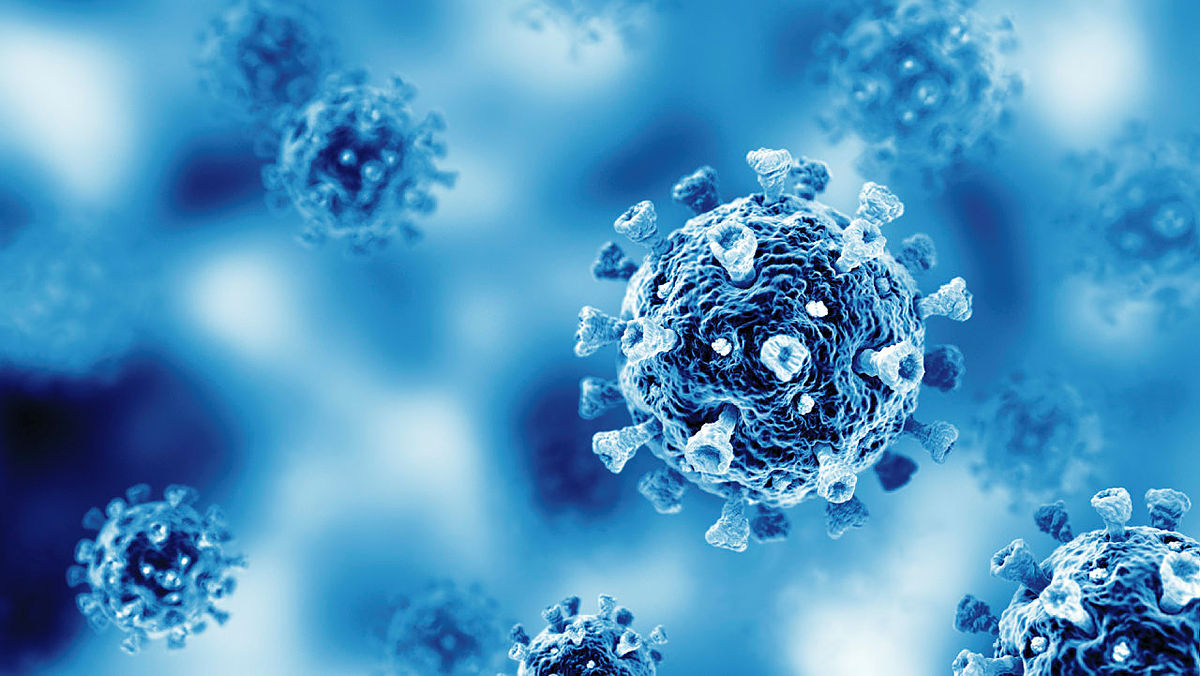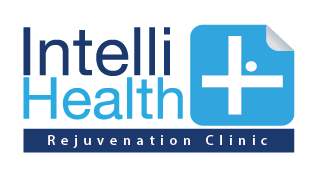
Covid-19 Affects to Person With High Blood Pressure | Hypertension
Research has found that people with uncontrolled or untreated high blood pressure may be at risk of getting severely ill with COVID-19. It’s also important to note that people with untreated high blood pressure seem to be more at risk of complications from COVID-19 than those whose high blood pressure is managed with medication.
How Coronavirus Affects People With High Blood Pressure: While pneumonia is the most common complication of the virus, it can also damage the cardiovascular system. High blood pressure damages arteries and reduces the flow of blood to your heart. That means your heart has to work harder to pump enough blood. Over time, this extra work can weaken your heart to the point where it can’t pump as much oxygen-rich blood to your body.
Coronavirus can also damage the heart directly, which can be especially risky if your heart is already weakened by the effects of high blood pressure. The virus may cause inflammation of the heart muscle called myocarditis, which makes it harder for the heart to pump.
If you also have plaque buildup in your arteries, the virus may make those plaques more likely to break apart and cause a heart attack. Past studies have shown that people with heart disease who get a respiratory illness like the flu or earlier types of coronavirus are at higher risk for a heart attack.
Hypertension is the single largest global contributor to disability-adjusted life years lost. The majority of the population aged over 60 years have hypertension, and it has been suggested that they may be at increased risk from the effects of COVID-19. Despite this, and perhaps due to
its ubiquity in the older population, current UK Government guidance does not identify people with hypertension as ʻat risk’, however, other bodies such as the British Heart Foundation and the Health Service Executive in Ireland do. This article seeks to summarise and interpret the current evidence for and against an increase in COVID-19 risk and severity for those with raised blood pressure, and discusses the implications for the choice of antihypertensive treatment.
Early small case series did not indicate an excess of hypertension in people admitted to hospital with COVID-19. The Novel Coronavirus Pneumonia Emergency Response Epidemiology Team published a large case series from China; they found an overall case fatality rate of 2.3% (1023 of 44,672 confirmed cases), which increased to 6.0% for people with hypertension. These data were reported without adjustment for age. Both COVID-19 case fatality rates and hypertension prevalence increase with age, reaching 8.0% and over 50% respectively for the 70–79
year age group. New emerging evidence from the largest epidemiological study to date, examining over 17 million health records in England suggests that hypertension or a recorded blood pressure ≥140/90 mmHg taken together are not associated with COVID-19 in-hospital mortality after full adjustment: Hazard Ratio (HR) 0.95, (95% confidence interval (CI) 0.89–1.01). In sensitivity analyses, diagnosed hypertension alone was associated with slightly increased risk (HR 1.07, 95% CI 1.00–1.15) which might reflect residual confounding due to the strong age-related association.
Several other small case series that examine hypertension prevalence with and without severe COVID-19 have appeared in the literature [9]. In March 2020, a study-level meta-analysis of 2552 confirmed COVID-19 patients reported a pooled odds ratio (OR) of 2.49 (CI: 1.98–3.12;11 studies) for severe disease in the presence of hypertension, with low heterogeneity between studies (I2 = 24%). The OR for death was similar and weak evidence from meta-regression suggested that hypertension might be a clinical predictor of COVID-19 severity in people aged over
60. Likewise, a retrospective cohort analysis of 191 patients treated in hospital in China (not included in the meta-analysis) confirmed apparent high mortality in patients presenting with hypertension: 48% versus 23% of survivors.
Similar findings were reported with previous coronavirus infections, such as severe acute respiratory syndrome and Middle East Respiratory Syndrome. The mechanism by which hypertension leads to increased risk from COVID-19 is undoubtedly complex and may well relate to underlying co-morbidity. The prognosis for people with hypertension is markedly worse when COVID-19 infection is complicated by myocardial injury and in the presence of cardiovascular disease. End organ damage and cardiovascular events are associated with poorer control of high blood pressure, and mean blood pressure rises with age. It seems plausible, therefore, that older age, poorer blood pressure control and cardiovascular disease can explain the observed associations between age, hypertension and severity of COVID-19 infection.

